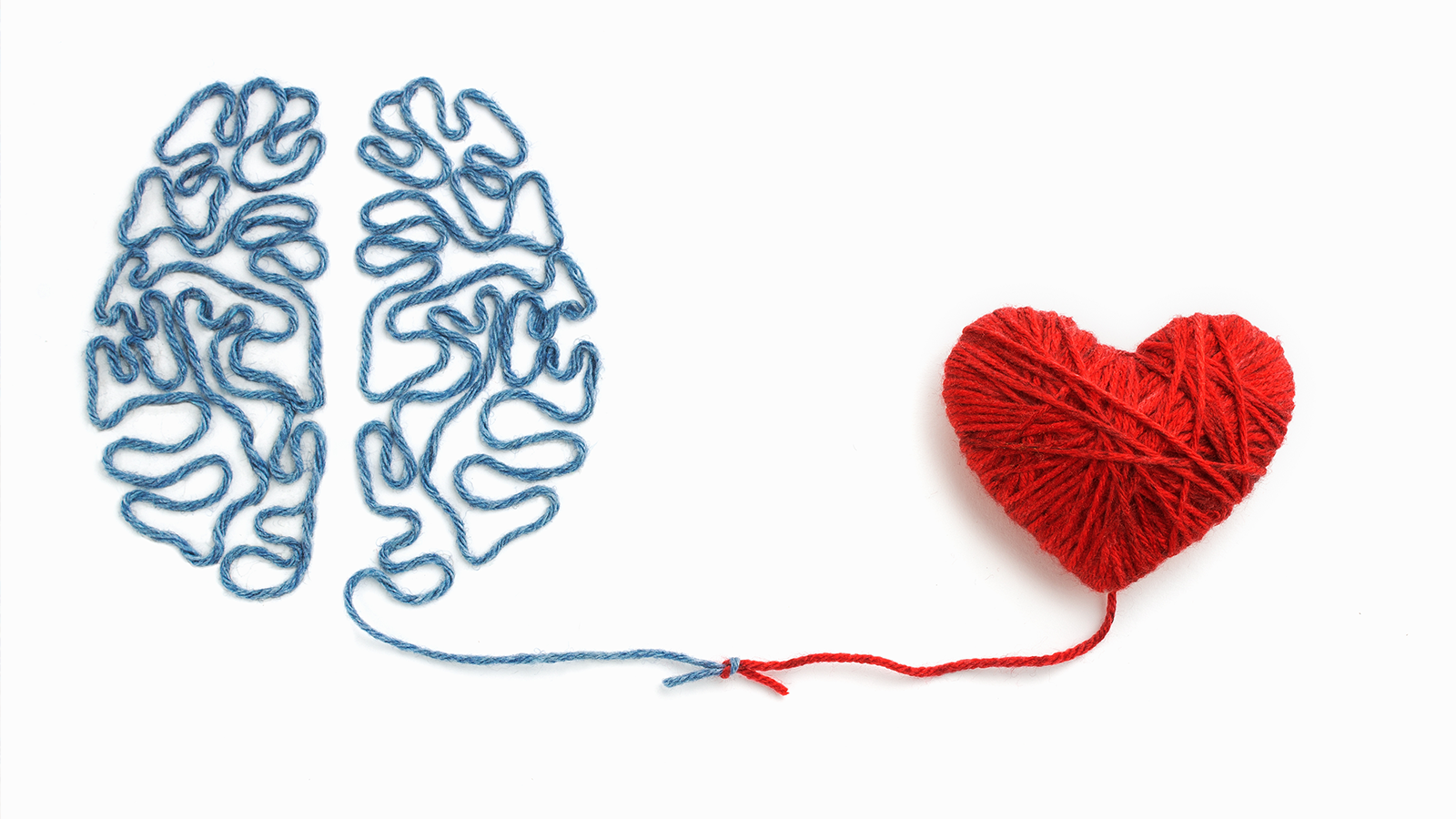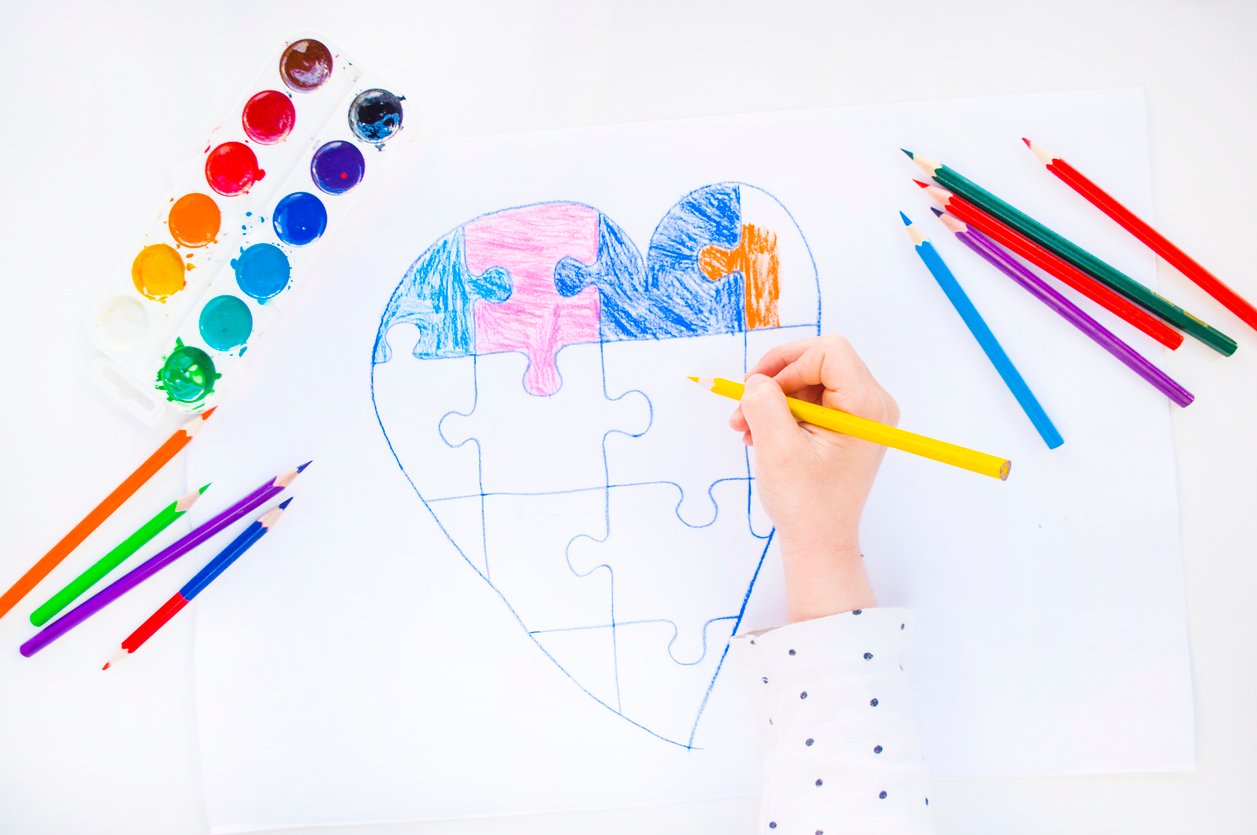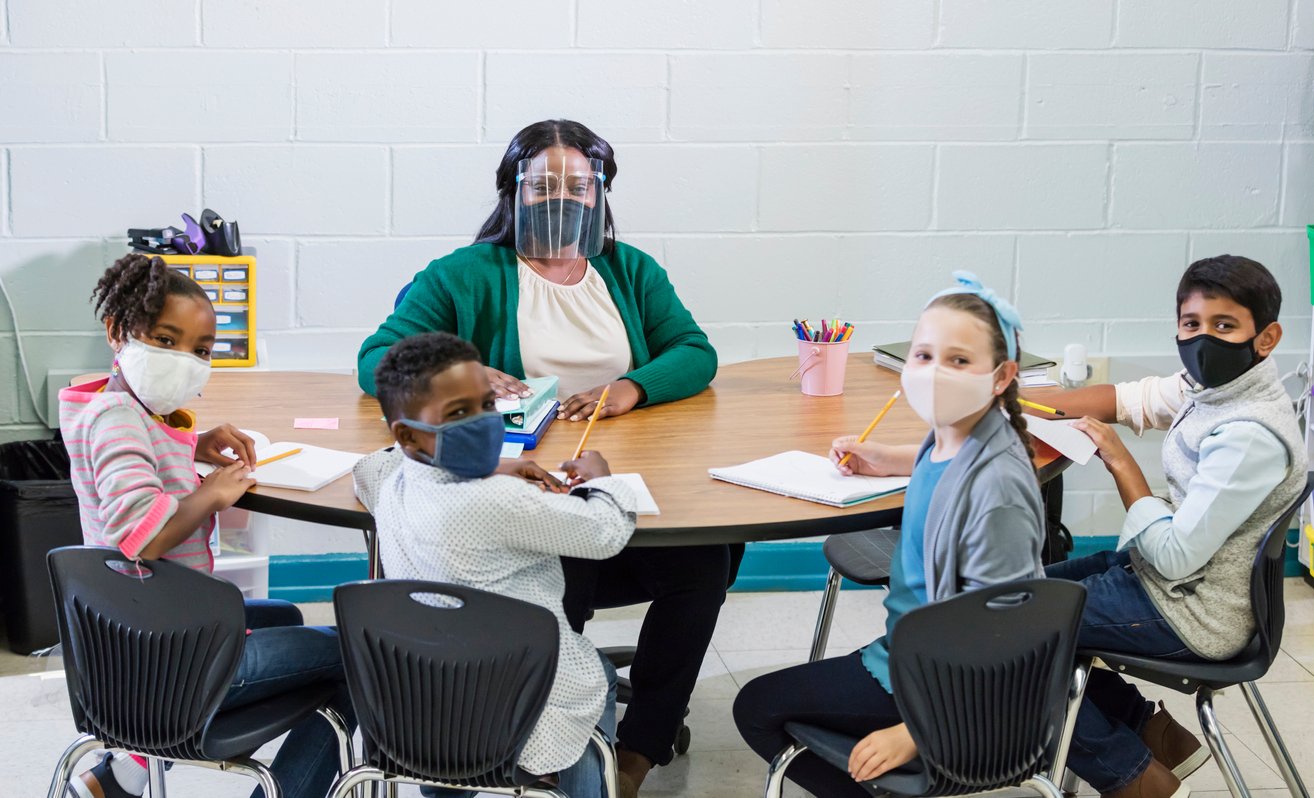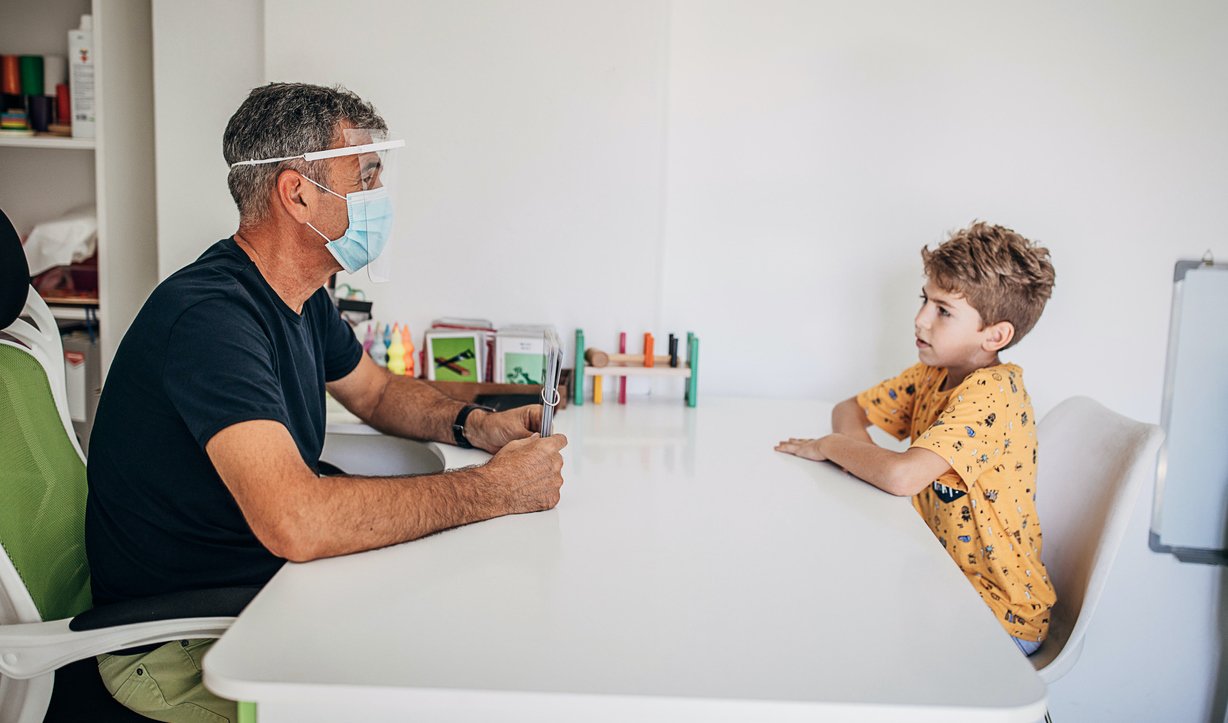
The COVID-19 pandemic has shifted how we have approached educating children.
March 2021 marks a complete year, a total revolution around the sun with the pandemic affecting schools. We never fathomed that we would be living through this time of isolation and separation. As we traversed this year, our experiences have been overwhelming and indelible. Some of our students will forever be marred by this experience. Some schools have been closed since March 2020 and will not open during the 2020–21 school year at all. Some schools have marginally tried to open only to shut down because of the number of COVID-19 cases transmitted throughout the school. Then there are other districts with active cases in schools trying to continue to educate students despite the increased number of illnesses and transmission leading to death.
As our education system ponders learning loss and emotional ineptitude, how can we as educators support our students going forward and get back on track? Here are a few suggestions to help support your students through the process and possibly give them some semblance of safety and security on their educational path.

Photo: iStock by Getty Images
Social and Emotional Learning
In elementary and middle school, social and emotional learning programs can be initiated to support students. The focus of the lessons can include self-importance, self-awareness, individual value, and self-worth. Children between the ages of nine and thirteen are experiencing emotional and psychological changes that they cannot control. Lessons focused on valuing one’s own identity and the importance of building self-esteem and confidence can help students through feelings of depression and despair.
Technology has relegated children to playing online instead of outside. Phone calls and personal messages are fewer and far between when compared to texts, instant messages, or social media conversations to convey feelings and sentiments to others. Touch is becoming more foreign, voices are simulated, and some children do not know or understand how to express their innermost feelings. Through an SEL program, teachers can proactively support students’ return to a sense of normalcy in our schools. Consider implementing weekly journals to help children express themselves in their own voice or hands-on group activities to foster communication and socialization, either in the remote environment or classroom.

Photo: iStock by Getty Images
Student Clubs
Creating opportunities for students to work together on projects that support the school and community can build important participatory citizenship skills in a society that is currently broken.
Student council organizations and clubs such as Beta Club, National Honor Society, 4-H, student government, or Junior Achievement can support our youths by giving them an opportunity to stay connected in the school environment. Students may not be in the physical school setting yet, but club activities can take place over Zoom, Microsoft Teams, Google Classroom, or whatever instruction learning platform your school utilizes. Since social distancing isn’t going away anytime soon, at-home projects can still support relationship building. For example, students can make signs and place them in yards: “Here lives the president of the Beta Club,” “This community member supported us with a donation to the school food bank,” or “This student made the honor roll during virtual learning.” These are confidence builders that give students a sense of accomplishment and achievement.
One-on-one Tutorial Support
Some students are experiencing learning loss. In the virtual environment, it is sometimes difficult to focus and concentrate when you are at home. Distractors can be a variant and are sometimes unavoidable. Some parents may work at night and be up during the day conversing and carrying out their daily activities, which actually causes a disruption to the student’s learning space. There may be younger siblings in the home who also pose as a distraction. Whatever the variable contributing to learning loss, supporting your students outside the mandated classroom hours would be a plus. Disaggregate your data; form groups of homogeneous or heterogeneous students. Small groups outside class time make supports more personable and effective. Homogeneous groupings would be best so that your students can all feel that they have something in common when you are reteaching or extending the lesson content for more intense mastery and engagement.

Photo: iStock by Getty Images
Counseling Students
Teachers have to really be attuned to what our students are experiencing. If attendance is sporadic, a student look distraught on camera, or you don’t even see the student’s face on camera, these are all signs that something may be awry. First, make contact with the parent to ensure that things are okay and voice your concerns about the student. If you cannot make parental contact, you can request a counseling referral from a school psychologist, academic counselor, or social worker, contingent upon the role of these support personnel in your school. If you do make a counseling referral, be specific about your concerns; track student data, which could include low attendance, lack of participation, distractions, despair, or increased symptoms of depression; and note if any interventions have been attempted in the classroom setting. Making a referral can help you support these students, through the contention that we are all in this together and students don’t have to suffer through this pandemic feeling alone and isolated.
No one ever would have imagined that we would be in a pandemic that would last this long before things return to a sense of normalcy. But during these trying times, we must support one another and especially our students. These times have been difficult, but with continued input from students, teachers, and parents, we can be successful in getting students back on track academically and help them feel engaged, emotionally secure, and socially safe in a post-pandemic world.
Seeking more professional learning resources?
See what our professional development department can do for your teaching
Sheree Turner, Ph.D. is a Master Teacher Leader in an urban school district in Atlanta and a 27-year veteran educator specializing in English Language Arts (ELA) and Social Studies. Dr. Turner is also an adjunct professor with University of Phoenix in the School of Education graduate studies. She is certified in middle grades social studies, gifted-learner endorsed, and reading endorsed. Her area of interest is ensuring social studies does not become extinct in the twenty-first century classroom.
